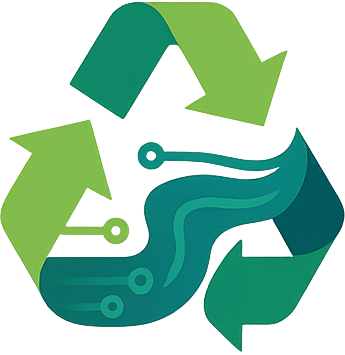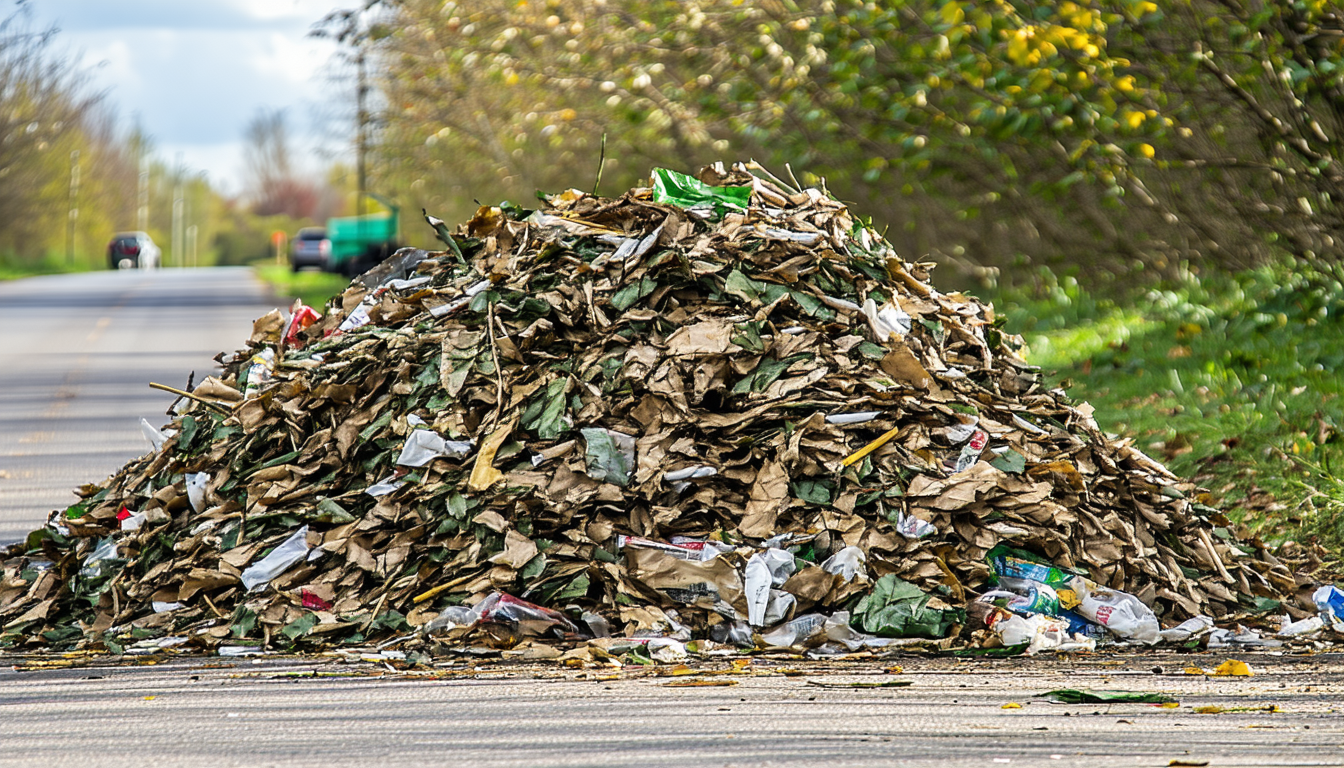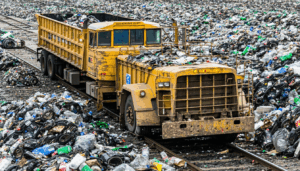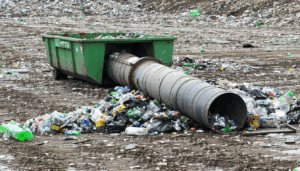In an era of growing environmental awareness, managing yard waste responsibly has become a priority for many American homeowners. Across the United States, communities are stepping up with free yard waste disposal programs to encourage sustainable practices and reduce landfill burdens. This article explores the latest developments in free yard waste disposal options, highlights key locations and services, and offers insights into how these initiatives benefit both residents and the environment. Whether you’re clearing out fall leaves or trimming spring branches, here’s how to find accessible solutions near you.
Understanding Free Yard Waste Disposal Near Me
Yard waste, including grass clippings, leaves, branches, and other organic debris, constitutes a significant portion of municipal solid waste. According to the Environmental Protection Agency (EPA), yard trimmings accounted for about 12% of total municipal waste in 2020, equating to roughly 35 million tons. Many U.S. cities now offer free disposal programs to divert this material from landfills, turning it into compost or mulch instead.
These programs vary widely by location. Some municipalities provide curbside pickup on designated days, while others operate drop-off sites at no cost. Finding a service often starts with a quick search for “free yard waste disposal near me” on local government websites or community boards.
Key Programs and Locations Across the U.S.
Several cities have launched innovative initiatives to manage yard waste sustainably. In Seattle, Washington, residents benefit from a year-round curbside collection service for yard debris at no extra charge, as long as materials are properly bundled or placed in designated bins. Meanwhile, Austin, Texas, hosts seasonal drop-off events where homeowners can bring organic waste to recycling centers free of charge.
On the East Coast, Boston, Massachusetts, offers free leaf and yard waste pickup during specific weeks in the fall and spring. According to Sarah Johnson, a sustainability coordinator with the City of Boston, “These programs not only reduce landfill waste but also support our goal of creating nutrient-rich compost for local parks and gardens.”
Smaller towns are joining the trend too. For instance, many counties in Minnesota provide free drop-off sites during certain months, often tied to seasonal cleanups. Checking your local waste management authority’s calendar is a practical first step to accessing these services.
Benefits for Communities and Homeowners
Free yard waste disposal programs deliver multiple advantages. For homeowners, they eliminate the cost and hassle of private disposal services, which can charge upwards of $50 per pickup depending on volume. These initiatives also promote cleaner neighborhoods by discouraging illegal dumping.
From an environmental perspective, diverting organic waste from landfills cuts down on methane emissions, a potent greenhouse gas produced during decomposition. The EPA estimates that composting yard waste can reduce emissions equivalent to taking thousands of cars off the road annually. Additionally, the resulting compost supports local agriculture and landscaping projects.
For municipalities, these programs can lower waste management costs over time. “Investing in free disposal options creates a cycle of sustainability that benefits everyone,” notes Michael Carter, an environmental policy expert based in California.
Challenges and Future Outlook
Despite their benefits, free yard waste disposal programs face hurdles. Limited funding and staffing can restrict service availability, especially in rural areas. Some residents also struggle with understanding program rules, such as acceptable materials or scheduling pickups, leading to contamination of compost streams.
Looking ahead, experts predict an expansion of these initiatives as cities prioritize green policies. Federal grants and state-level incentives could bolster local efforts, making services more accessible. There’s also a push for education campaigns to ensure proper participation, addressing gaps in public awareness.
Balancing urban and rural needs remains a challenge. While cities often have robust infrastructure, smaller communities may lag behind. A collaborative approach involving regional partnerships could help bridge this gap, ensuring equitable access nationwide.
Conclusion
Free yard waste disposal near me is more than a convenience—it’s a vital step toward sustainable living in the United States. From Seattle to Boston, communities are rolling out programs that save money, protect the environment, and enhance local ecosystems. As these efforts grow, staying informed about nearby options through municipal resources is key for homeowners eager to contribute. With continued investment and public engagement, the future of yard waste management looks promising, paving the way for greener neighborhoods across the country.
Frequently Asked Questions (FAQs)
1. How can I find free yard waste disposal near me?
Check your city or county’s official website for details on curbside pickups or drop-off locations. Many areas list schedules and guidelines online.
2. What qualifies as yard waste?
Typically, it includes leaves, grass clippings, small branches, and other organic debris. Items like plastic bags or treated wood are usually not accepted.
3. Are there restrictions on free disposal services?
Yes, rules vary by location. Some programs limit quantities, require specific containers, or operate only seasonally.
4. Why is composting yard waste important?
Composting reduces landfill use, lowers greenhouse gas emissions, and produces valuable material for gardening and farming.
5. What if my area doesn’t offer free disposal?
Consider private services, community composting groups, or repurposing waste as mulch in your own yard while advocating for local programs.





